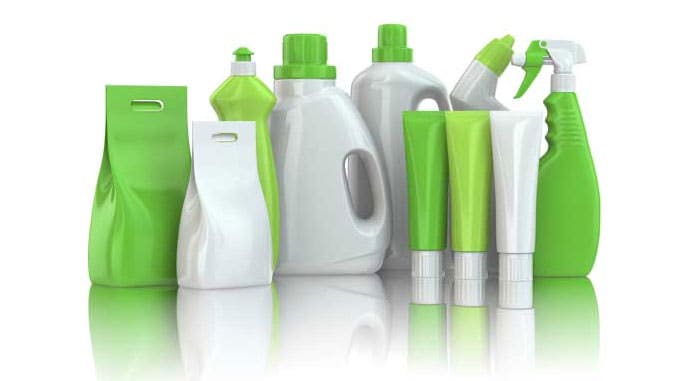
Rust is a silent and devious enemy that attacks pots, dishes, utensils. It even affects sinks and sanitary ware. So, this guide is for you if you have decided to spend some of your time doing some basic cleaning at home and want to fight this scourge effectively.
We will explain how to eliminate rust in an eco-friendly way. This means that you will do it without resorting to harsh chemicals that are harmful to the environment. Let’s find out together, in the next steps, which products to use and how to proceed in detail.
Rust comes in many forms. It attacks and corrodes many materials ranging from metals to ceramics. In most cases, the problem is due to oxidation. This happens when a metal is exposed to water or moisture.
Steel wool and iron sponges seem perfect for attacking rust. However, avoid using too aggressive tools. Their abrasive force could prove to be excessive, and you could scratch the surfaces irreparably. Alternatively, try an old toothbrush or a brush with nylon bristles.
Let’s see how to treat metal objects such as cutlery, pots, and utensils. First, moisten the rusty parts with lemon juice. Leave it on for a few minutes, then rinse. The pure juice helps dissolve the rust particles, making them easier to remove, being acidic in nature.
For a more aggressive remedy for stubborn stains, combine it with salt. Pour a pinch of salt on the rust, then sprinkle half a lemon on the salt until it soaks. Leave to act for a couple of hours, then remove by rubbing with the peel of the citrus fruit itself. Rinse carefully and rub by rubbing with aluminum foil.
To remove rust from ceramic tiles between cracks in porcelain tiles and floors, apply a paste made in equal parts of lemon juice and borax to the stained areas. Let it dry, then rinse. Alternatively, apply just lemon juice. Leave to act for 5 minutes, then scrub with a toothbrush.
If you have linoleum floors and tiles, you can remove the rust stains with alcohol or a mixture consisting of 1 tablespoon of cream of tartar and 2 tablespoons of water. You can also distribute baking soda on the stained area and rub it with a rag soaked in vinegar. Distilled white vinegar is a powerful and natural solution against rust.
To remove rust from ceramic or enameled sinks and tubs, try borax paste. Cut a lemon in half, dip it in it and rub directly on the surface to be cleaned. Rinse thoroughly and carefully. This remedy is not suitable for marble and granite.
If rust has attacked your dishwasher, you can clean the internal walls by pouring ¼ cup of lemon powder or an orange drink into the detergent compartment. Close and start a regular cycle. Repeat the procedure if necessary.
To remove the rust streaks from the toilet, proceed as follows. First, put on a pair of gloves, close the water valve and empty the tray by running the drain several times. Next, fill a bowl with water, moisten the pumice stone and pass it over the stains. It will form a kind of paste.
Continue rubbing until the stains disappear. Another remedy is to mix lemon juice with soda or salt. Mix the ingredients and form a paste. Apply it on the rust. Let it act for a few minutes, then scrub with a nylon brush. Avoid iron ones, as they can damage the ceramic.
Finally, we propose a natural method valid for all surfaces: sodium bicarbonate and water. The active ingredient found in bicarbonate interacts with the rust molecules and dissolves them. You have to create a batter so that the baking soda can adhere well to the object to be cleaned.
Gradually mix it with a little water until you get a pasty and grainy consistency. Apply a generous dose to the area to be treated. Leave to act for a few minutes and scrub vigorously with a lightly abrasive sponge or toothbrush. Rinse with plenty of water.